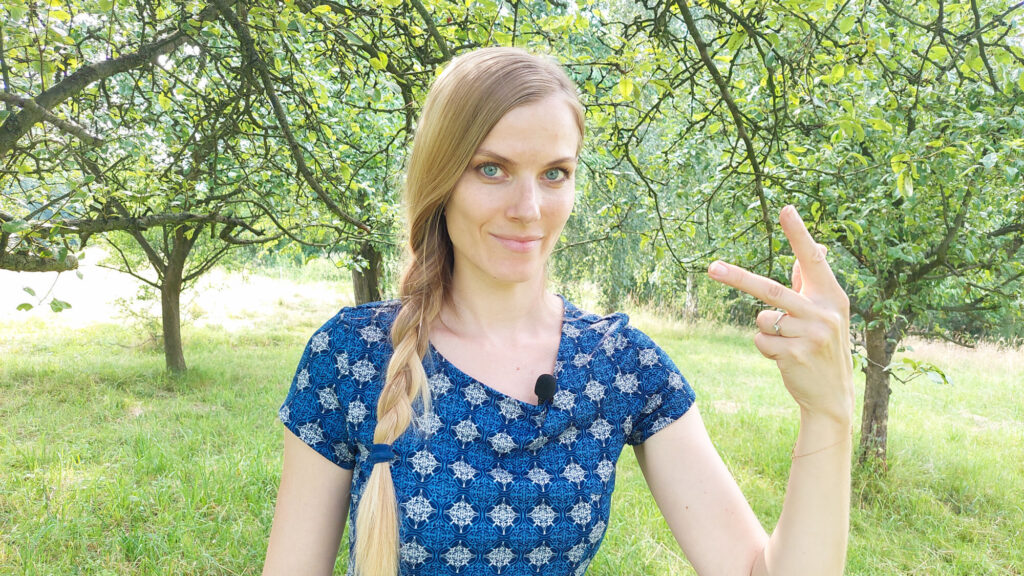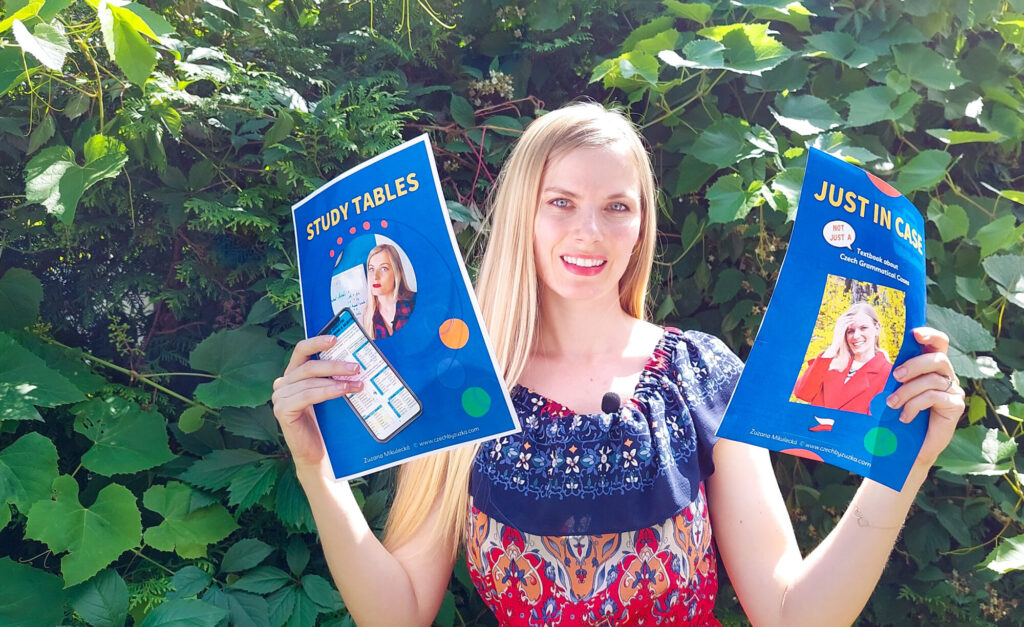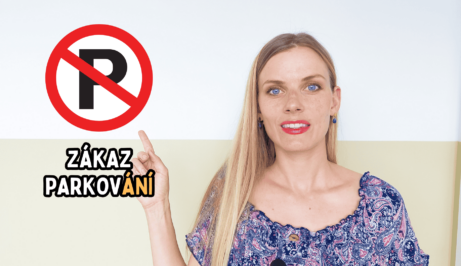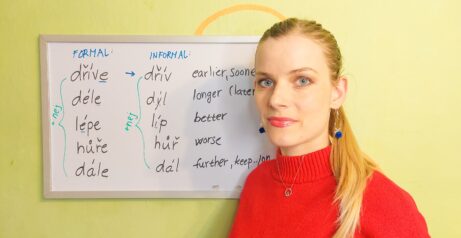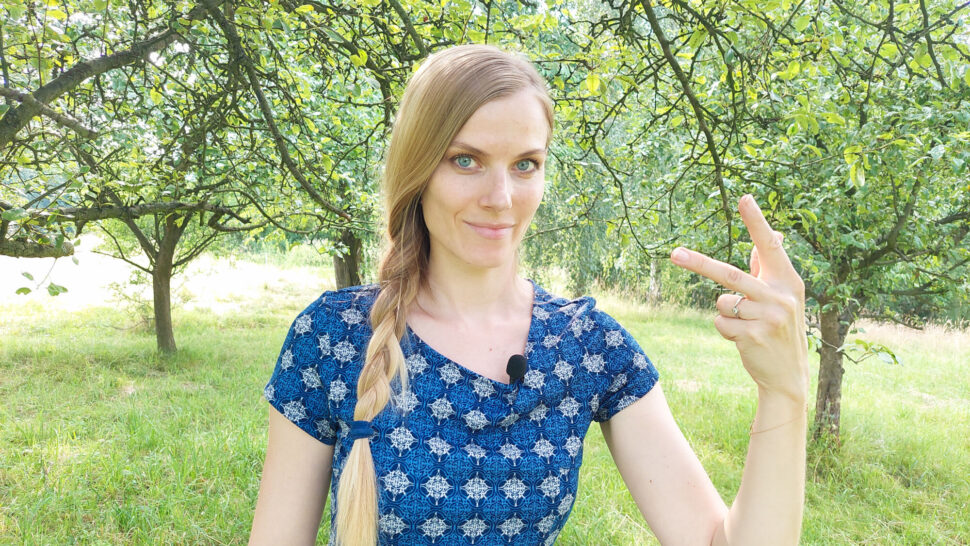
Translating “FOR” in Czech
During my one-on-one lessons, my students are I chat in Czech. Does it also happen to you that you want to translate from your native language in your head? When we want to express ourselves in another language, sometimes it is too tempting not to translate. Most of my students’ mother tongue is English, which sometimes gets in the way so we often discuss how to translate “for” into Czech. I thought it would be helpful for you to learn about this topic too.
Would you prefer to watch a video? Click here.
When we want to translate “for” into Czech, we basically have three possibilities:
- pro
- na
- za
- (and sometimes nothing at all!)
for = PRO
The preposition pro is usually followed by a word representing a person / living creature but it doesn’t have to be exclusively that. We use pro to refer to an addressee/recipient.

The word after the preposition pro is always in the accusative case:
Mám pro tebe dárek. – I have a gift for you.
Mám dárek pro Marii. – I have a present for Maria.
Koná se školení pro manažery. – There is training for managers. / Training for managers is being held.
Stůl pro dva, prosím. – A table for two, please.
Kup žrádlo pro psy. – Buy dog food (food for dogs).
Je to dobré pro zdraví. – It is good for health.
To je portál pro města a obce. – This is a portal for cities and municipalities.
Vpravo je jízdní pruh pro autobusy. – There is a lane for buses on the right.
Verbs that often take pro involve motion. We translate the verbs below as “to go get something, go for something.”
- jít / chodit
- přijít / přicházet PRO vodu
- dojít
- jet / jezdit
Jdu si k tobě pro radu. – I come to you for advice.
Prosím tě, dojdi pro brambory. – Go get some potatoes, please. (Go for some potatoes)
Přišel jsem si pro knížky. – I came here for my books.
By the way, have you heard the Czech proverb: “Tak dlouho se chodí se džbánem pro vodu, až se ucho utrhne”? In English, it corresponds to: “The pitcher goes so often to the well, that it is broken at last.” It means that if we often do something risky (go with a jug to get water), eventually it can backfire on us (its handle will break off).
More verbs with pro:
hlasovat pro (vote for/in favor of): Hlasuju pro změnu plánu. – I vote for the change of plan.
A side note: In Czech, we say: smysl pro humor, but in English there is a different preposition: a sense of humor. Mám dobrý smysl pro humor. – I have a good sense of humor.
So, anytime you want to say a sense of…. remember it’s smysl pro… in Czech.
Such as here: smysl pro zodpovědnost – a sense of responsibility
for = NA
Na is also followed by the accusative case when it comes to translating “for”. Na often represents a purpose.
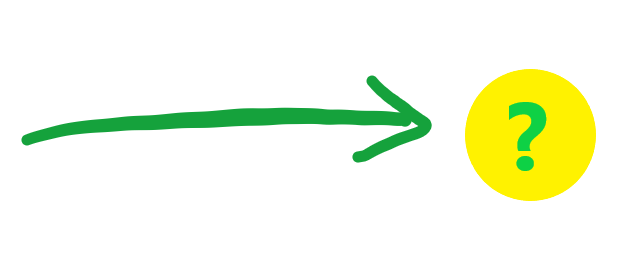
Na co to je? – What is that for?
To je nůž na sýr. – That’s a cheese knife (“knife for cheese”).
Nemám na nic čas. – I don’t have time for anything.
Mám čas na oběd. – I have time for lunch.
Na to máš času dost! – You have plenty of time for that!
Jsi dost starý na to, abys věděl, že tohle se na veřejnosti neříká. – You are old enough to know that we don’t say this in public.
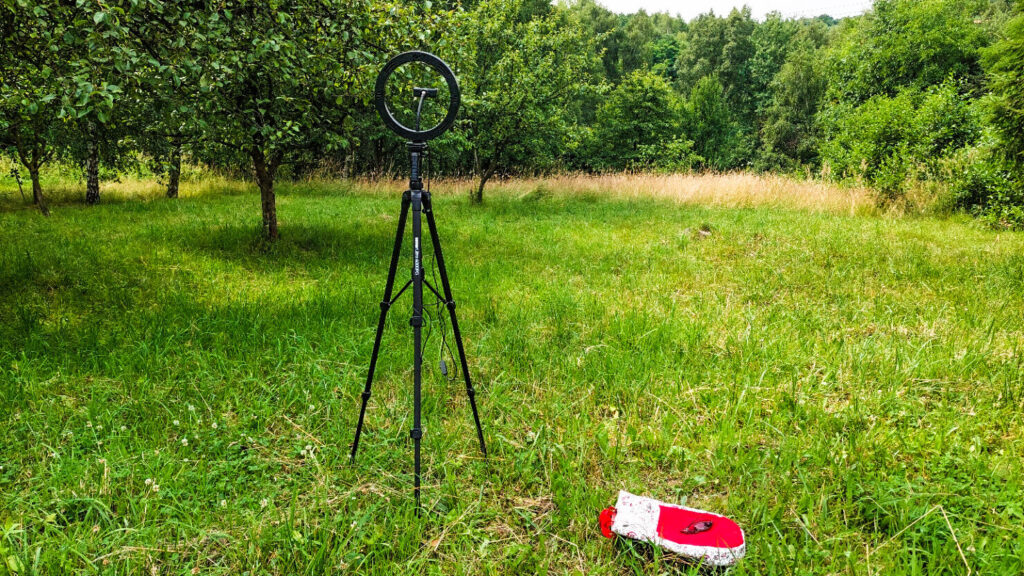
Na is also used to answer the question for how long?
Na jak dlouho tam pojedeš? – How long are you going there for?
Jedu tam na čtrnáct dní. – I’m going there for two weeks.
Jedu na dovolenou na týden. – I’m going for (on) vacation for a week.
Notice that when we use stative verb (no movement), we leave out the preposition in Czech:
Už jsem tady týden. – I’ve been here for a week.
čekat/počkat na (wait for): Počkám na tebe. – I’ll wait for you.
for = ZA
We use za to express some sort of an exchange: e.g. money for goods, help for kind words.

Koupil si auto za milion korun! – He bought himself a car for a million Czech crowns!
Děkuju za kávu. – Thank you for the coffee.
Tohle je za 140 Kč, ale pro vás je to ZA 120 Kč! – This is for 140 CZK, but for you it is FOR 120 CZK!
Udělám to za tebe, neboj. – I’ll do it for you (= instead of you), don’t worry.
x Udělám to pro tebe. – I’ll do it for you (a favor).
Jsem vděčná za to, že mám hodného manžela. – I’m thankful for having a good husband.
Za co jste vděční? – What are you thankful for?
Tady jsou peníze za nákup pro dědu. – Here’s shopping money for shopping for grandpa.
Verbs that are followed by za:
- děkovat za (thank for): Děkuju za oběd. – Thank you for lunch.
- vděčit za (be grateful for / owe): Vděčím vám za podporu. – I am grateful for your support.
- omlouvat se za (apologize for): Omlouvám se za zpoždění. – I apologize for the delay.
- považovat za (consider as / take for): Považuju tě za nejlepšího kamaráda. – I consider you (“take you for”) as my best friend.
- zodpovídat za (be responsible for): Zodpovídá za rozpočet pro celou firmu. – He/She is responsible for the budget for the entire company.
Uff, how do you feel about it now? I hope it cleared at least some of your doubts. If your head is spinning with too much theory, just memorize the phrases you find useful and try to use them as much as possible to remember them. Hodně štěstí!
Let’s do two quick exercises (Solutions will be displayed after you’ve completed the exercise):
Would you like to review the accusative case? Watch my video.
If you feel like studying this topic more, perhaps you would like to learn Czech with my e-book Just in Case, which is focused on Czech grammatical cases (and prepositions too).

